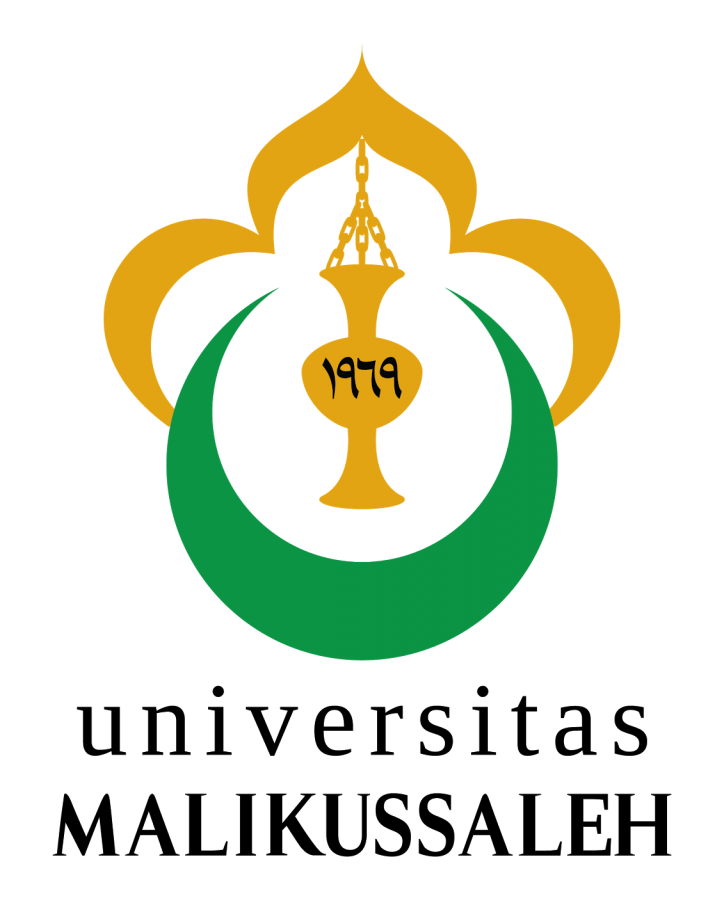- Focus and Scope
- Section Policies
- Peer Review Process
- Publication Frequency
- Open Access Policy
- Archiving
Focus and Scope
GAME journal published by the Informatics Engineering Program Faculty of Engineering Universitas Malikussaleh. to accommodate the scientific writings of the ideas or studies related to Game Development and Multimedia.
GAME journal published many related subjects on Game Development and Multimedia such as (but not limited to):
- 3D Modeling and Texturing: Creating 3D models and applying textures for game assets.
- Animation: Bringing characters and objects to life through movement and dynamics.
- Artificial Intelligence (AI) in Games: Implementing intelligent behaviors for non-player characters (NPCs) and game elements.
- Augmented Reality (AR) Development: Integrating digital content into the real world through AR.
- Augmented Virtuality (AV) Development: Integrating elements of the real world into virtual environments, enhancing the user's perception by blending virtual and real-world experiences.
- Audio Engineering: Designing and implementing sound effects and music for games.
- Cinematics and Cutscenes: Designing and implementing cinematic sequences for storytelling.
- Console Game Development: Designing and programming games for gaming consoles.
- Game Accessibility: Ensuring games are accessible to players with disabilities.
- Game Analytics: Utilizing data and analytics to understand player behavior and optimize game experiences.
- Game Design: Creating the overall concept and rules of a game.
- Game Marketing and Promotion: Creating strategies to promote and market games effectively.
- Game Monetization Strategies: Implementing business models like in-app purchases, ads, or subscriptions for revenue generation in games.
- Game Testing and Quality Assurance: Ensuring the functionality and quality of games through testing.
- Gamification: Applying game elements and design principles to non-game contexts for engagement.
- Graphics Programming: Developing the visual elements of a game or multimedia application.
- Level Design: Designing the layout and structure of game levels.
- Localization and Internationalization: Adapting games and multimedia content for different languages and cultures.
- Mobile Game Development: Creating games specifically for mobile platforms.
- Multimedia Content Creation: Developing various multimedia content such as videos, animations, and interactive presentations.
- Network Programming: Developing multiplayer functionality and online features for games.
- Physics Simulation: Creating realistic physics interactions within the game environment.
- Procedural Content Generation: Using algorithms to generate game content dynamically.
- Serious Games Development: Creating games with educational, training, or social impact purposes.
- Simulations and Training Software: Developing software for realistic simulations and training purposes.
- Storytelling and Narrative Design: Crafting engaging and compelling stories for games and multimedia content.
- User Experience (UX) Design: Enhancing the overall user satisfaction by improving usability and accessibility.
- User Interface (UI) Design: Designing the visual and interactive elements that users interact with.
- Virtual Reality (VR) Development: Creating immersive experiences using VR technology.
- Web-based Games: Developing games that can be played through web browsers.
Section Policies
Articles
Peer Review Process
The articles published in GAME have gone through a substance review process. Pre-review of the article will be carried out to see the suitability of the page format, images, tables, citations, and reference lists as well as article systematics. Checking for plagiarism is done through a search on Google Scholar and Turnitin with a maximum similarity value of 25%.
After the pre-review is done, the journal manager will allocate two peer-reviewers to conduct a single-blind review of the content. The duration of the review process will follow the important dates in each publication (see home).
Reviewers can request a re-review after the author has revised the article. The decision to accept the article is the authority of the Editor in Chief based on the recommendations of the reviewers.
Make sure the author monitors the system regularly or observes the news on the email registered to the system for information on the results of the review. After the review process is completed, then a Letter of Acceptance (LoA) can be issued, by submitting an application to the journal management via email game@unimal.ac.id.
Publication Frequency
GAME is issued 4 (four) times a year in January, April, July and October.
Open Access Policy
Gameology and Multimedia Expert provides immediate open access to its content on the principle that making research freely available to the public supports a greater global exchange of knowledge.
Archiving
This journal utilizes the LOCKSS system to create a distributed archiving system among participating libraries and permits those libraries to create permanent archives of the journal for purposes of preservation and restoration. More...












